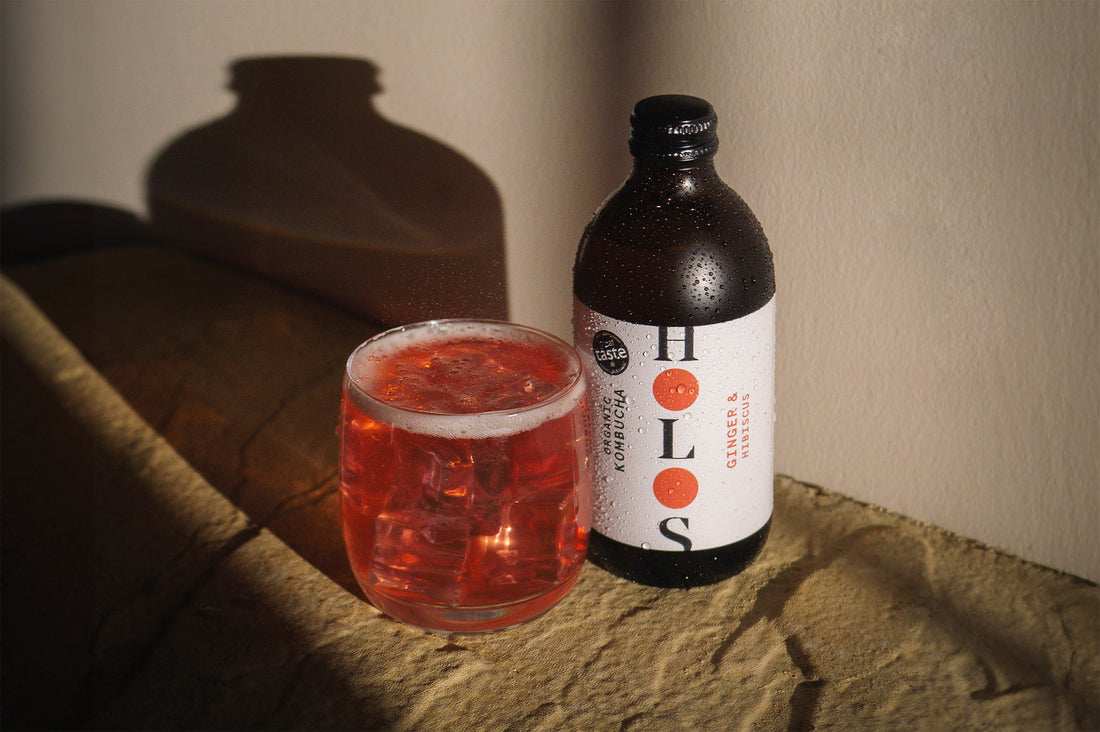What Does It Mean to Be Organic?
5 years ago, my understanding of "organic" was limited to a small, expensive section in the chilled aisle of the supermarket. I rarely paid attention, as organic produce seemed to cost at least three times more than its non-organic counterparts. It wasn’t until I became pregnant with my daughter in 2017 that I started to reconsider my choices. I realized I had been purchasing based on what I was told, shown, or sold, rather than understanding what my family actually needed.
As I began to research healthier, more sustainable options, the word "organic" kept popping up. Soon, it became a recurring theme, shaping decisions around the food we ate and the clothes we dressed my daughter in.
We've just marked Organic September, a month-long campaign raising awareness of organic products, sustainable farming practices, and the brands that bring organic products to market in the UK. Let’s dive deeper into what "organic" truly means and why it matters for your health and the planet.
What Does Organic Mean?
Organic is often defined as the process of producing food without synthetic chemicals, such as pesticides or fertilizers. However, it goes beyond that. As Riverford explains, it’s about “working with nature rather than against it.”
Organic farming focuses on producing high-quality food using natural processes that benefit the entire ecosystem—from the soil and animals to human health and the environment. Organic certification is legally required for any product labeled "organic," ensuring that farms and products meet stringent standards. For food, this means at least 95% of ingredients must be organically produced. In textiles, like cotton, the Global Organic Textile Standard (GOTS) requires at least 95% organic fibers for certification, while the label "made with organic materials" demands a minimum of 70%.

Is Organic Really Better? Top 4 Reasons Why Organic Matters
Here are four reasons why choosing organic can be a better option for you, your family, and the planet:
1. Better for the Planet
Organic farming practices can dramatically reduce environmental harm. If all farmland in Europe followed organic principles, agricultural emissions could drop by 40-50% by 2050. Organic farming avoids synthetic fertilizers and pesticides, which are typically derived from fossil fuels. Instead, organic farmers focus on natural composting, crop rotation, and building healthy soils. These soils are about 25% more effective at storing carbon, contributing to the fight against climate change.
2. Better for Animal Welfare
Organic farming ensures the highest standards of animal welfare. Animals on organic farms are truly free-range, with ample space to forage, roam, and graze. This improves the animals' quality of life and ensures they are raised in a more natural, humane environment. As consumers become more conscious of where their food comes from, animal welfare is an essential factor in making ethical food choices.
3. Better for Nature and Wildlife
Intensive farming practices have contributed to a decline in wildlife, with 41% of Britain’s wildlife species having disappeared since 1970. Organic farms avoid harmful pesticides, supporting 75% more wild bees and maintaining healthier ecosystems for a diverse range of species. By encouraging wildlife habitats through tree planting, wildflower margins, and pond digging, organic farms help restore natural ecosystems that benefit all living creatures.
4. Better for People
Organic food isn’t just better for the planet and animals—it’s better for us. Organic crops contain fewer harmful chemicals like pesticides and heavy metals. A 2014 study from the British Journal of Nutrition showed that organic milk and meat contain 50% more omega-3 fatty acids than non-organic alternatives. Organic fruits and vegetables were also found to have up to 68% more antioxidants and fewer pesticide residues.
Furthermore, organic farming bans the routine use of antibiotics, reducing the risk of antimicrobial resistance, which is a growing public health concern.
Does Organic Solve Everything? Why Is It More Expensive?
The short answer is no. While organic products offer many benefits, they aren’t a perfect solution to every issue. Organic farming requires more land and labor to maintain its standards. For example, it’s more hands-on, demands careful planning, and involves higher certification fees. These factors contribute to the higher prices of organic products.
It’s important to choose the brands and companies that align with your values. Organic might not be accessible for everyone at all times, but supporting ethical, sustainable companies can make a big difference.
Conclusion
The choice to buy organic goes beyond the label—it’s about aligning your purchasing power with your values, supporting more sustainable, ethical practices that benefit people, animals, and the planet.
Megan, Co-Founder, Holos Kombucha.
You can get yourself a box of Holos Organic Chilled Kombucha right here: https://holoskombucha.com/products/chilled-mixed-case?variant=40330107781274


